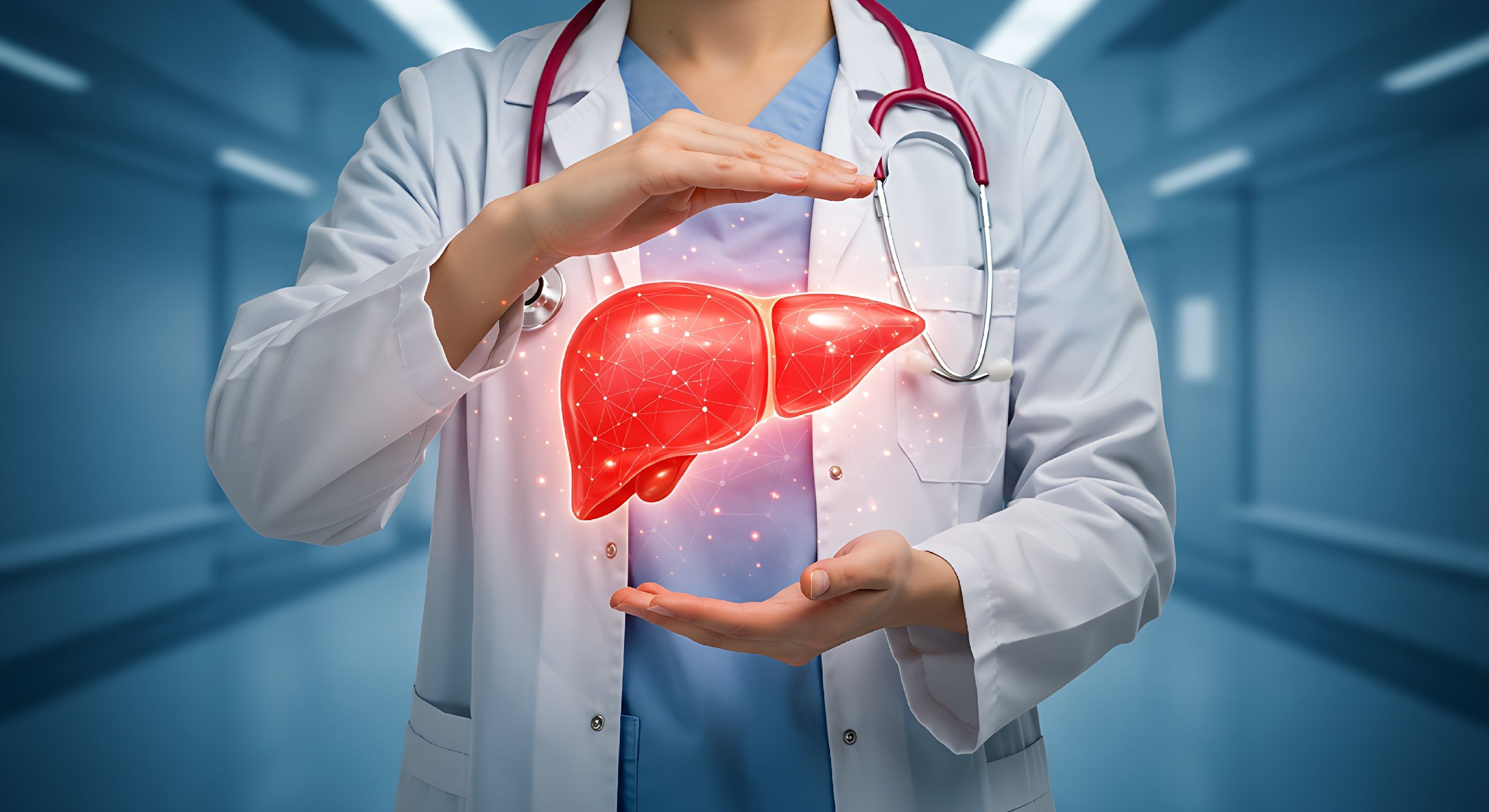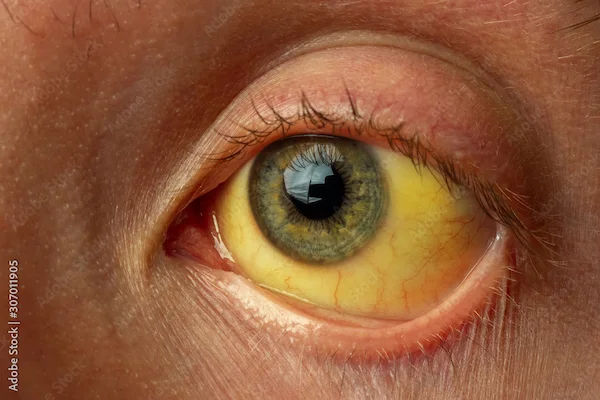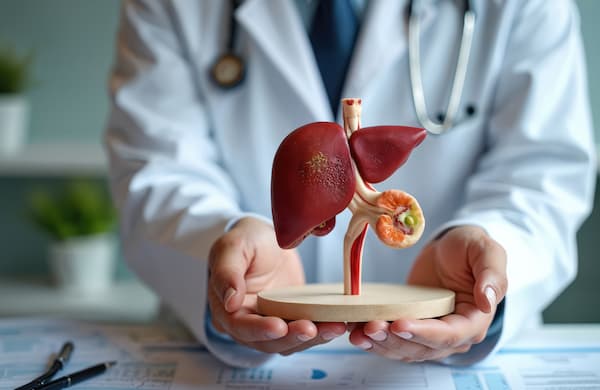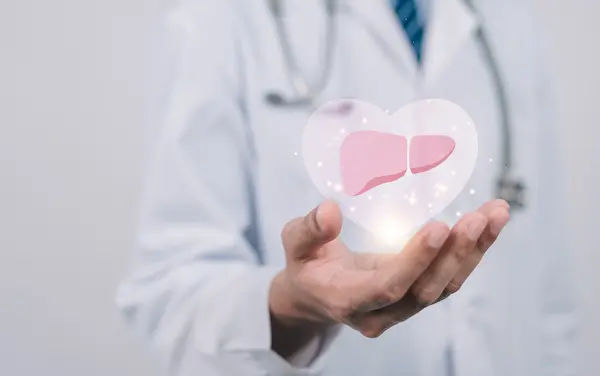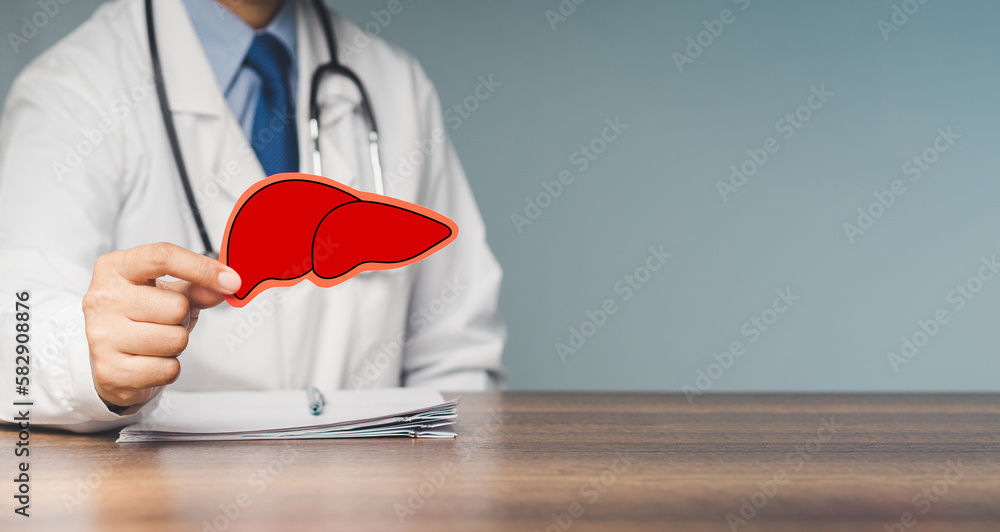Liver Disease: Key Awareness and Prevention Tips
Learn about liver disease, its risk factors, early warning signs, and practical tips to prevent and maintain a healthy liver.


Introduction
Your liver works tirelessly around the clock, performing over 500 vital functions to keep you alive and healthy. Yet, we rarely think about it until something goes wrong. Liver disease is often called a "silent epidemic" because it can progress for years without any obvious symptoms. By the time signs appear, significant damage may have already occurred. This guide aims to change that. We're pulling back the curtain on liver health, empowering you with knowledge about the causes, symptoms, and prevention strategies for various liver conditions. Whether you're looking to safeguard your health or understand a loved one's diagnosis, this comprehensive resource will provide the awareness you need to take proactive steps toward lifelong liver wellness. Let's begin by understanding the incredible organ at the center of it all.
Understanding the Liver: What Does It Actually Do?
Your liver plays a vital role in keeping your body healthy.
The Multitasking Organ: Key Functions Explained
Think of your liver as your body's most sophisticated processing plant. It's not just one thing; it's a chemical factory, a filter, a storage unit, and a distribution center all rolled into one. Located in the upper right portion of your abdomen, it's responsible for:
Detoxification: It filters your blood, breaking down harmful substances like alcohol, medications, and metabolic waste products into less toxic forms that can be excreted.
Metabolism: It processes nutrients from the food you eat, converting them into essential proteins, fats, and carbohydrates your body can use for energy.
Bile Production: The liver produces bile, a fluid crucial for digesting fats and absorbing fat-soluble vitamins (A, D, E, K) in the small intestine.
Storage: It acts as a reservoir for vitamins, minerals, and glycogen (a form of energy), releasing them into the bloodstream when needed.
Why Liver Health is Fundamental to Overall Wellbeing
Because the liver is involved in so many critical processes, its health directly impacts your entire body. A poorly functioning liver can lead to a cascade of problems, including digestive issues, hormonal imbalances, a weakened immune system, and toxic buildup in the blood. Maintaining liver health isn't just about avoiding disease; it's about ensuring your body's entire ecosystem runs smoothly. Recognizing the early signs of liver damage, such as persistent fatigue or mild abdominal discomfort, is the first step in preventing minor issues from becoming major health crises.
Consult a Hepatologist for the best advice
Common Types of Liver Disease: Know the Differences
Liver disease isn't a single condition but a spectrum of disorders that affect the liver's structure and function.
Non-Alcoholic Fatty Liver Disease (NAFLD)
NAFLD is the most common liver disease in the world, affecting an estimated 25% of the global population. It occurs when excess fat builds up in the liver cells of people who drink little to no alcohol. Its more severe form, called Non-Alcoholic Steatohepatitis (NASH), involves inflammation and can progress to scarring (cirrhosis) and liver failure. It is strongly linked to obesity, type 2 diabetes, and high cholesterol.
Alcoholic Liver Disease
As the name implies, this disease is caused by excessive alcohol consumption over many years. Alcohol is toxic to liver cells, and heavy drinking can lead to a sequence of damage: starting with fatty liver (often reversible), progressing to alcoholic hepatitis (inflammation), and eventually leading to irreversible cirrhosis.
Viral Hepatitis (A, B, C, D, E)
Hepatitis means inflammation of the liver, most commonly caused by viruses.
Hepatitis A & E: Typically spread through contaminated food or water. They usually cause acute, short-term illness and do not lead to chronic disease.
Hepatitis B, C & D: Often spread through contact with infected blood or bodily fluids. They can cause both acute and chronic infections, leading to long-term health problems like cirrhosis and liver cancer. Hepatitis C is a major cause of chronic liver disease.
Don't Ignore the Signs: Early and Advanced Symptoms of Liver Trouble
Recognizing early and late symptoms of liver disease:
Subtle Early Warnings You Might Miss
The liver is remarkably resilient and can function with a significant amount of damage. Early symptoms are often vague and easily attributed to other things. Be mindful of:
Persistent fatigue and weakness
Loss of appetite and unexplained nausea
Mild discomfort or pain in the upper right abdomen
Slight weight loss
Red Flags: Symptoms That Demand Immediate Medical Attention
When the liver becomes severely damaged, symptoms become more pronounced and serious. These are clear indicators that you must see a doctor:
Jaundice: Yellowing of the skin and the whites of the eyes, a classic sign of liver dysfunction.
Dark urine and pale stool: Caused by the liver's inability to process bilirubin.
Swelling: In the legs, ankles, feet, or abdomen (a condition called ascites).
Easy bruising and bleeding: The liver produces proteins needed for blood clotting.
Itchy skin and spider-like blood vessels on the skin.
If you experience any of these advanced symptoms, consult a doctor online with Apollo24|7 for further evaluation and guidance.
Prevention is Better Than Cure: Proactive Steps for a Healthy Liver
Essential steps to maintain a healthy liver:
The Liver-Friendly Diet: Foods to Embrace and Avoid
What you eat directly impacts your liver's fat content and overall health.
Embrace: A balanced diet rich in fibre (fruits, vegetables, whole grains), lean proteins (fish, chicken, legumes), and healthy fats (avocado, nuts, olive oil). Coffee, in moderation, has been shown to have protective effects on the liver.
Avoid: Limit foods high in refined carbohydrates, sugar (especially fructose-sweetened beverages), saturated and trans fats, and fried foods. These contribute to fat buildup in the liver.
The Role of Regular Exercise and Weight Management
Physical activity is a powerful tool for reversing fatty liver disease. Exercise helps burn triglycerides for fuel and reduces liver fat. Aim for at least 150 minutes of moderate-intensity aerobic exercise (like brisk walking, cycling) per week, combined with strength training. Even a 5-10% reduction in body weight can significantly improve liver enzyme levels and reduce inflammation.
Importance of Vaccination and Safe Practices
Get vaccinated for Hepatitis A and Hepatitis B. These vaccines are safe, effective, and provide long-term protection. Practice safe sex, avoid sharing personal items like razors or toothbrushes, and ensure any tattoos or piercings are done with sterile equipment to prevent the spread of Hepatitis B and C.
Debunking Common Myths About Liver Disease
Many misconceptions about liver disease can affect prevention and treatment.
Myth: Only alcoholics get liver disease.
Fact: While alcohol is a major cause, non-alcoholic fatty liver disease (NAFLD) is the most common cause globally and is linked to metabolic syndrome.
Myth: Liver cleanse and detox diets are necessary for liver health.
Fact: Your liver is a natural detoxifier. There is no scientific evidence that commercial detox diets or juices cleanse the liver. A healthy, balanced diet is the best support.
Myth: Liver disease always causes symptoms.
Fact: It is often "silent" in its early stages, which is why regular check-ups are important, especially if you have risk factors.
Conclusion: Empowering Yourself Through Awareness
Liver health is not a niche concern; it is integral to your overall vitality and longevity. The journey to preventing liver disease begins with awareness, understanding the risks, recognizing the often-silent signs, and embracing a proactive lifestyle. This organ's incredible ability to regenerate means it's never too late to make positive changes. By choosing nutrient-rich foods, staying active, avoiding excessive alcohol, and getting regular check-ups, you are investing in your liver's resilience. Remember, you hold significant power in protecting this silent powerhouse. Start today, and empower yourself with the knowledge to live a healthier, fuller life.
Consult a Hepatologist for the best advice
Consult a Hepatologist for the best advice

Dr. E Prabhakar Sastry
General Physician/ Internal Medicine Specialist
40 Years • MD(Internal Medicine)
Manikonda Jagir
Apollo Clinic, Manikonda, Manikonda Jagir
(175+ Patients)

Dr. Aswin S. Krishna
Hepatologist
10 Years • MBBS, MD (Internal Medicine,MMC), DM (Hepatology, MMC), PDF(Fellowship in Liver Transplanatation)
Chennai
Apollo Hospitals Greams Road, Chennai
(125+ Patients)

Dr. Pukhraj Singh Jeji
Gastroenterology/gi Medicine Specialist
13 Years • MBBS, MD ( Internal Medicine ), DM ( Gastroenterology ), Consultant - Gastroenterology
Bhubaneswar
Apollo Hospitals Old Sainik School Road, Bhubaneswar
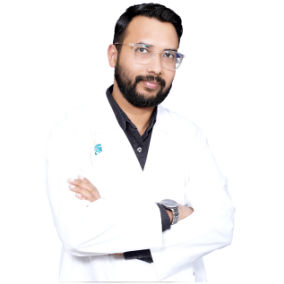
Dr. Aakash Garg
Gastroenterology/gi Medicine Specialist
12 Years • MBBS, DNB (Medicine), DrNB (Gastroentrology).
Bilaspur
Apollo Hospitals Seepat Road, Bilaspur
(150+ Patients)
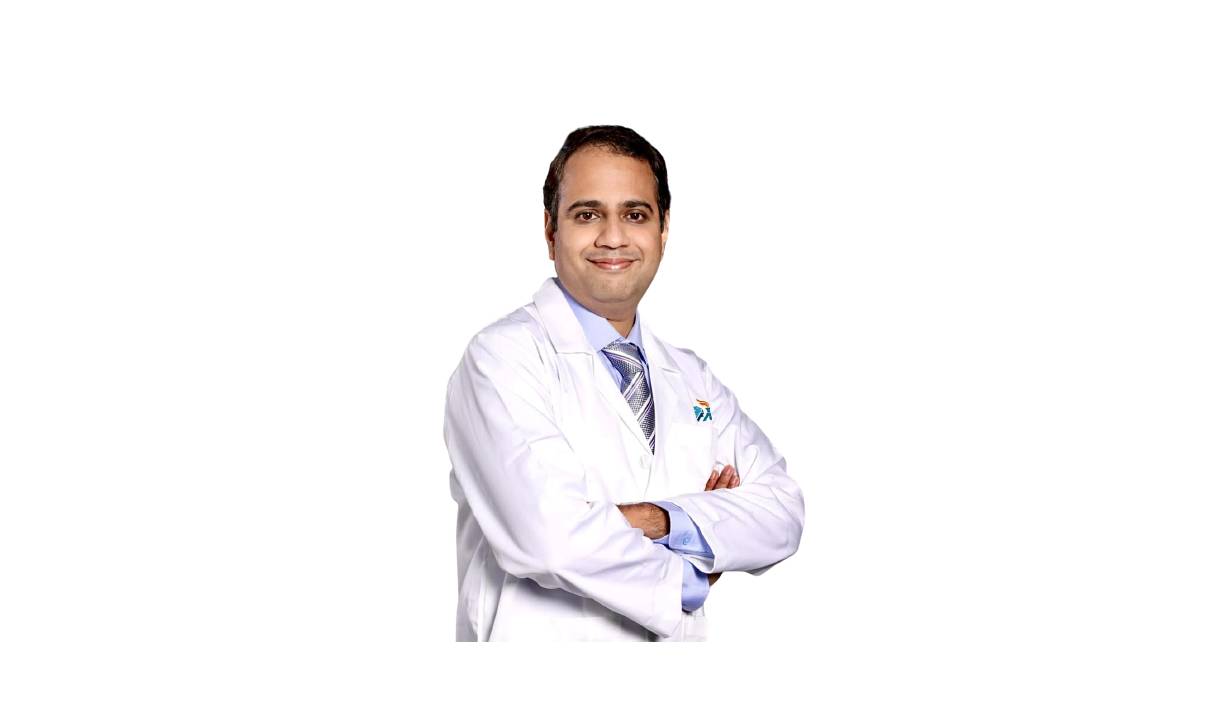
Dr Amey Sonavane
Gastroenterology/gi Medicine Specialist
11 Years • "MBBS, DNB (Internal Medicine) DNB (Gastroenterology) "
Mumbai
Apollo Hospitals CBD Belapur, Mumbai
(100+ Patients)
More articles from Liver disease
Frequently Asked Questions
1. Can liver damage be reversed?
Yes, the liver has a remarkable ability to regenerate and repair itself. In early stages, such as fatty liver or mild hepatitis, lifestyle changes can often completely reverse the damage. However, advanced scarring (cirrhosis) is generally irreversible, though further damage can be halted.
2. What are the first signs of a struggling liver?
The very first signs are often non-specific and include persistent fatigue, low energy, slight loss of appetite, and occasional nausea. These are easy to overlook, which is why knowing your risk factors is key.
3. How can I check my liver health at home?
You cannot accurately diagnose liver health at home. While some companies offer at-home liver function test kits, a proper diagnosis requires a medical professional's interpretation. The best first step is to talk to your doctor about your risk factors and whether you need blood tests. Apollo24|7 offers convenient home collection for tests like LFTs (Liver Function Tests) for easy monitoring.
4. What is the best drink for your liver?
Water is the best choice. Coffee (black, without excessive sugar) has been consistently linked to better liver health outcomes in studies. Green tea is also a good antioxidant-rich option. Crucially, the best thing you can do is avoid sugary sodas and fruit juices.
5. How long does it take for liver disease to develop?
It varies greatly. Alcoholic fatty liver can develop in as little as a few days of heavy drinking, but serious complications like cirrhosis typically take 10-20 years. NAFLD progresses more slowly, often over many years of unhealthy lifestyle habits.
